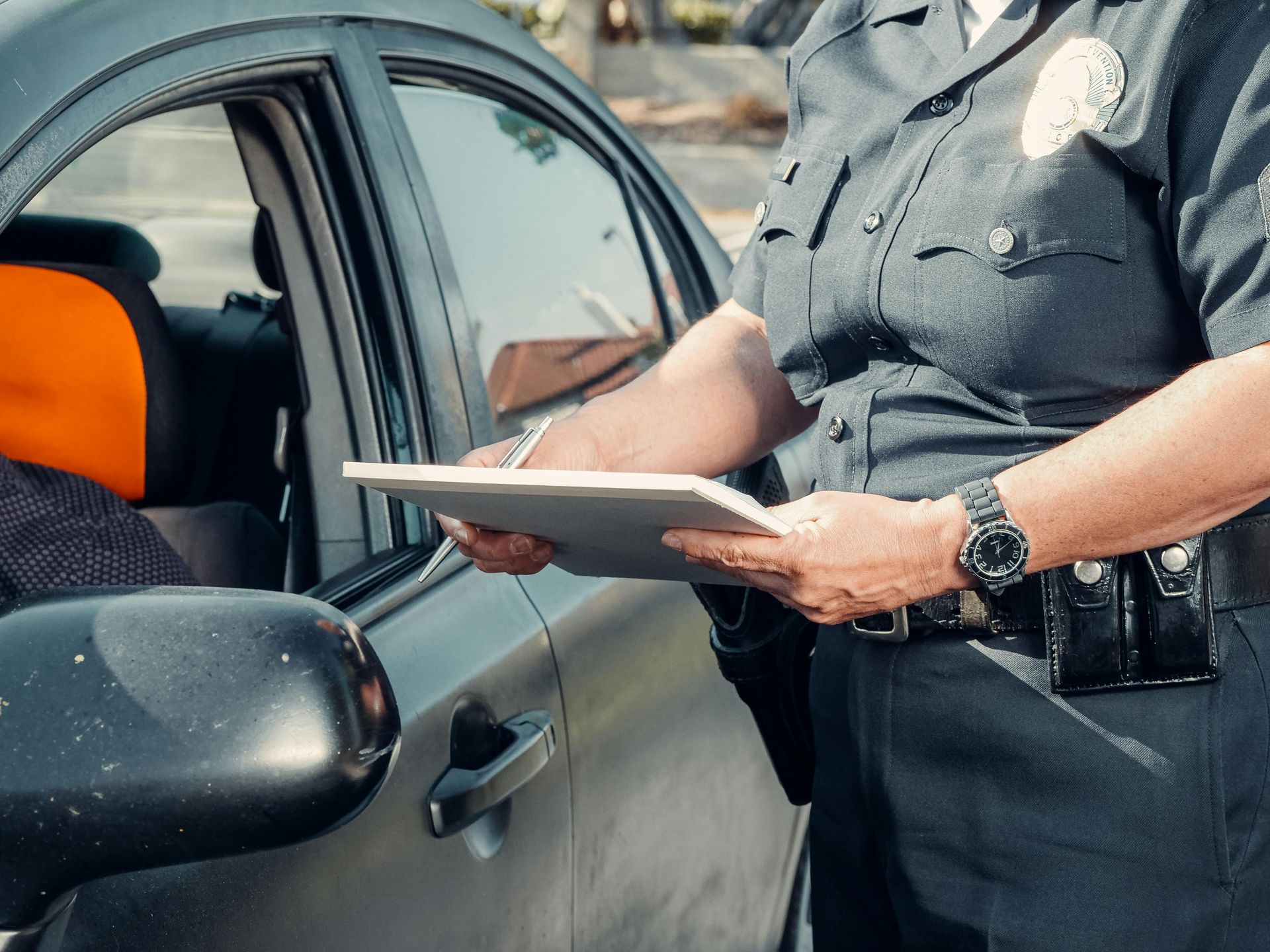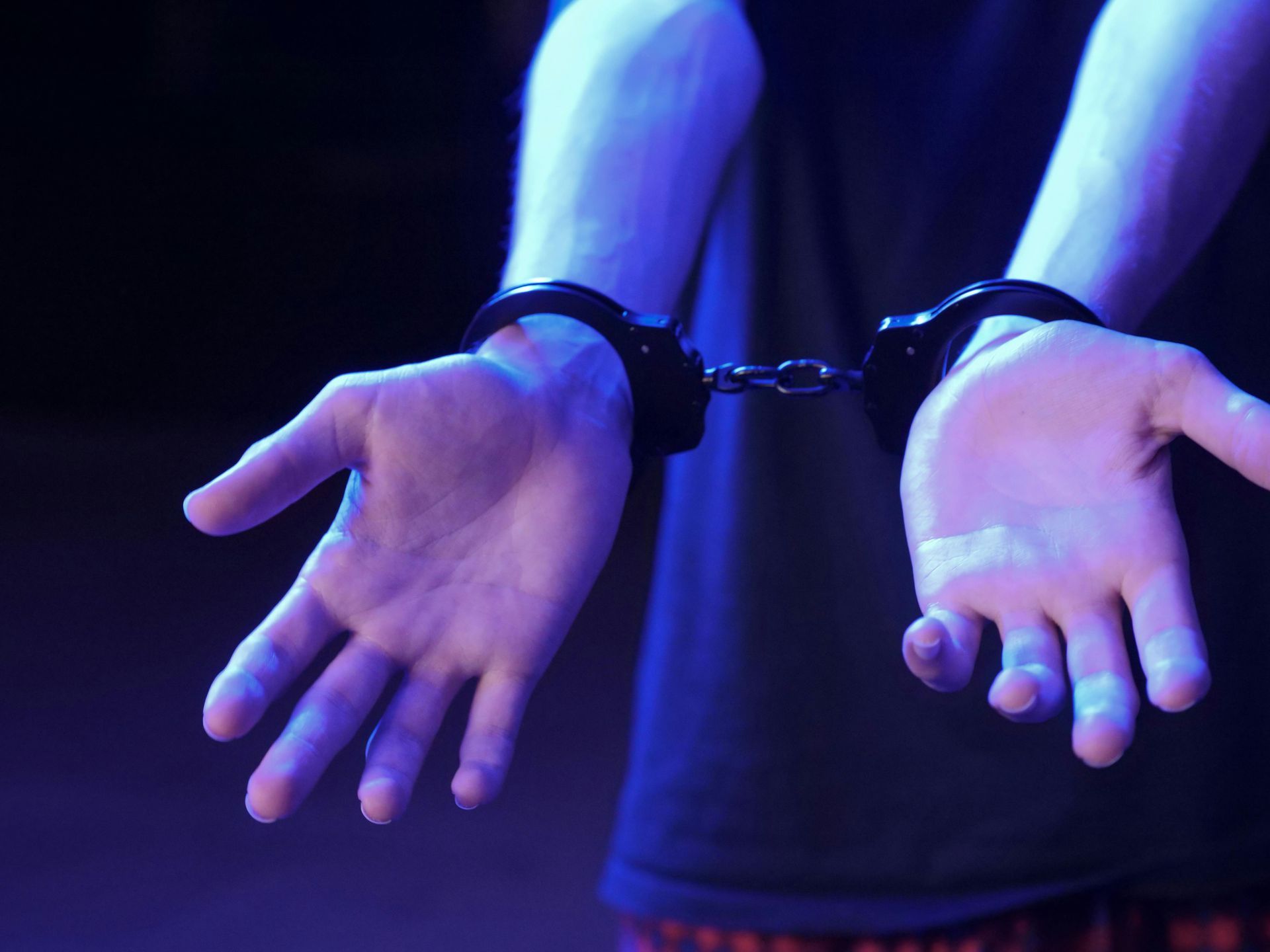Field Sobriety Tests: Are They Legally Required — And Can You Refuse?

If you’re pulled over in Missouri and an officer suspects you’ve been drinking, they may ask you to perform a field sobriety test. These tests are designed to help law enforcement determine whether a driver may be under the influence of alcohol or drugs. But are you legally required to take them — and what happens if you refuse?
What Are Field Sobriety Tests?
Field sobriety tests are physical and mental coordination exercises administered during a traffic stop. They’re meant to help officers assess a driver’s level of impairment before deciding whether to make an arrest.
The most common standardized field sobriety tests approved by the National Highway Traffic Safety Administration (NHTSA) are:
- Horizontal Gaze Nystagmus (HGN) – following a moving object with your eyes to check for involuntary jerking associated with alcohol use.
- Walk-and-Turn Test – walking in a straight line heel-to-toe, turning, and walking back.
- One-Leg Stand Test – balancing on one foot and counting aloud.
While these tests are used nationwide, they are not always accurate. Medical conditions, nervousness, fatigue, age, or even uneven pavement can cause sober drivers to perform poorly.
Are You Legally Required to Take a Field Sobriety Test?
In Missouri, you are not legally required to take field sobriety tests. They are voluntary, and you have the right to politely decline. Refusing to participate in these physical coordination tests does not carry an automatic penalty under state law.
However, refusal may raise an officer’s suspicion and could still lead to an arrest based on other observations — such as the smell of alcohol, bloodshot eyes, or erratic driving.
It’s important to understand that field sobriety tests are different from chemical tests, such as breath, blood, or urine tests. Missouri’s implied consent law applies to chemical testing, not field testing. Refusing a chemical test after a lawful arrest can result in an automatic license suspension through the Department of Revenue.
What Happens If You Refuse?
If you refuse a field sobriety test, the officer may rely on other evidence to establish probable cause for arrest. They may also request a breath or blood test once you’re in custody. While refusing may limit the evidence available to the prosecution, it does not guarantee that charges won’t be filed.
Because each traffic stop is different, there is no one-size-fits-all answer to whether you should take the tests. The decision often depends on the circumstances, and drivers should understand the potential risks before deciding.
Why Legal Guidance Is Important
DWI laws in Missouri are complex, and small details can significantly affect the outcome of your case. From the legality of the initial stop to how evidence was gathered, every step must be handled correctly by law enforcement.
If you’ve been arrested or charged with a DWI in Missouri, the attorneys at Kelly & Jansen, LLC can help you understand your rights and evaluate your legal options. Our team provides clear, knowledgeable guidance to help you move forward with confidence.










